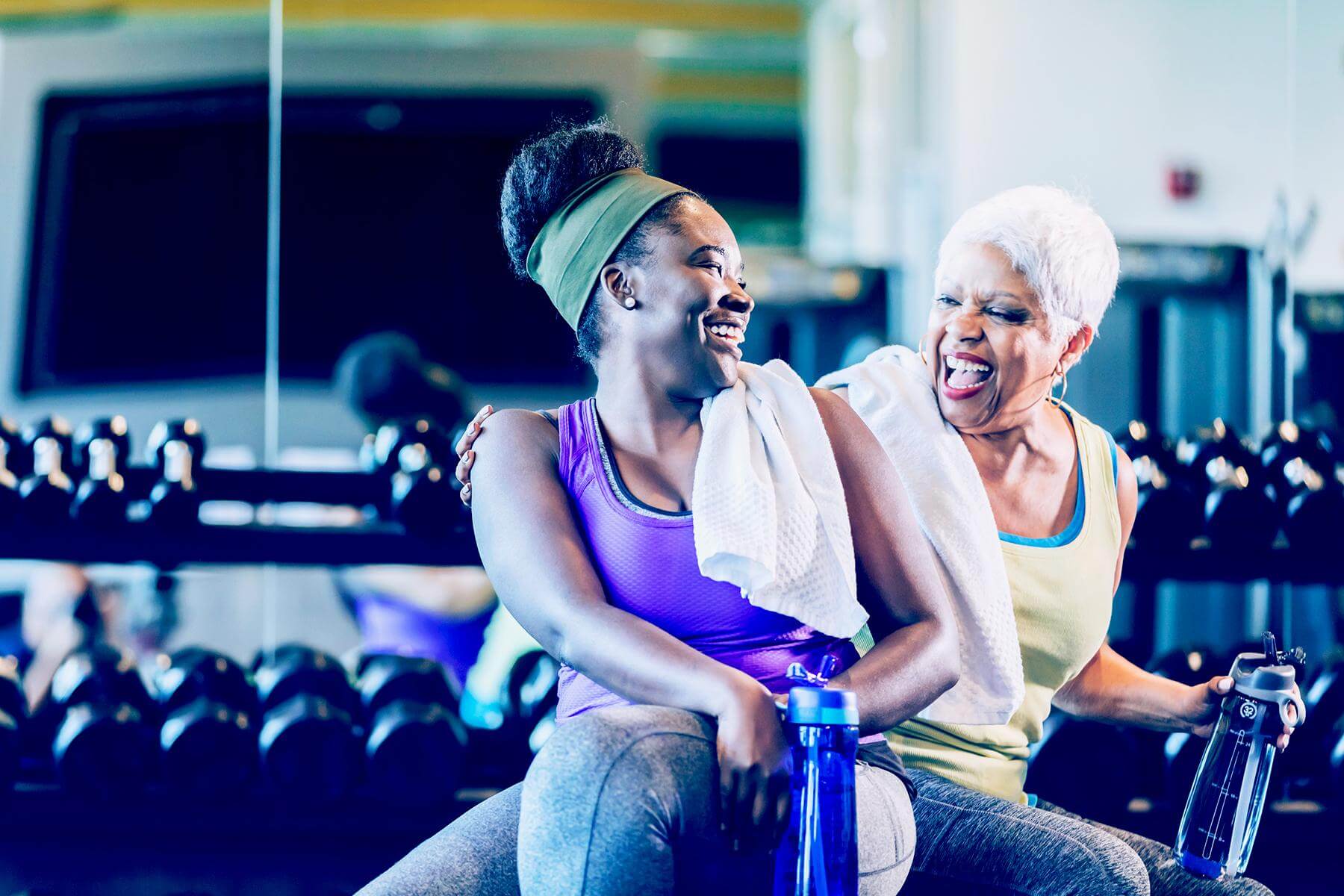Can you improve physical fitness with just a few low-intensity sets per week?
Overview
What did they test? The researchers looked at the current literature to explore whether low-intensity minimalist training is enough to reap some of the benefits of resistance training.
What did they find? Even a few low-intensity sets per week can have a positive effect on fitness, strength and muscle mass.
What does it mean for you? If you’re a beginner or work with people who do not have experience with resistance training, even doing a few low-intensity sets of resistance training per week can be a great way to start your resistance training journey.
What’s the Problem?
Introduction
Back in the late 1970s, the American College of Sports Medicine didn't highlight resistance training in its health recommendations, with aerobic training being almost synonymous with “exercising”. Resistance training was viewed mostly as a way to increase muscle mass and strength for athletes or individuals who were exclusively interested in getting bigger and stronger. However, since then, we've learned a lot about the immense benefits of resistance training beyond building muscle strength and endurance, benefits that we’ve previously looked at in REPS. It turns out, resistance training is linked to a bunch of health perks, like reducing the risk of cardiovascular issues, obesity, and even conditions like diabetes and dementia. If you remember, in the November 2023 issue of REPS we also looked at how resistance training compares to aerobic training for managing type 2 diabetes, with resistance training resulting in better glycemic control than aerobic training. Additionally, we’ve also looked at meta-analytic data 1 showing that engaging in resistance training can significantly lower the risk of mortality, heart disease, cancer, and diabetes. When combined with aerobic exercise, the benefits can be even more substantial, showing that a combination of both aerobic and resistance training can do wonders for health and longevity.

Somewhat surprisingly, the amount of resistance needed for these health benefits isn't as daunting as one might think. Depending on the health outcome, as little as 30 to 60 minutes of RT per week can make a significant impact 1 and we have even looked at how a few hard sets per week can lead to strength and hypertrophy gains in advanced trainees, even those who are competitive strength athletes 2. As mentioned, the benefits of resistance go beyond physical health as it contributes to better body composition, bone health, and mobility, particularly in older adults. It can also enhance cognitive function and memory, reduce psychological symptoms, and boost overall well-being. I know, it sounds like I am trying to sell you resistance training, but it is really THAT good for you.







